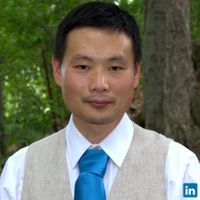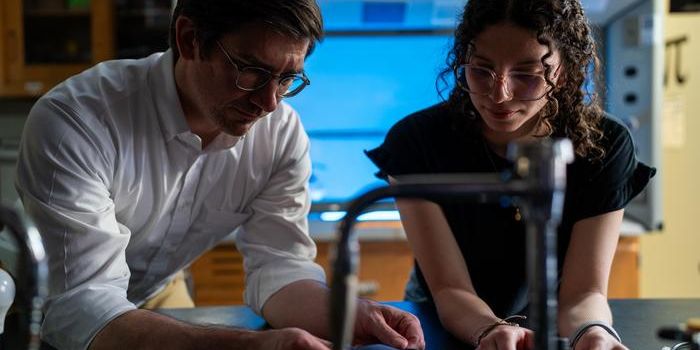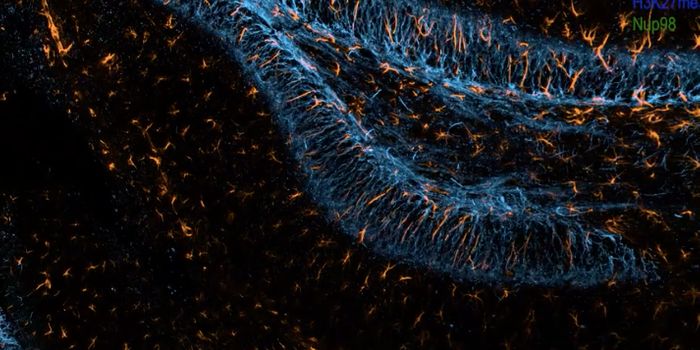The Perplexing Nature of Time (Part II): Paradox in the Quantum Realm
Breaking the time asymmetry remains a fundamental yet tantalizing scientific challenge. At the macroscopic level the quest has so far turned out to be fruitless, but on the other hand in the subatomic world where quantum physics reign supreme and time is believed to be symmetric, scientists seem to be gaining ground in experiments that involve quantum circuitry and qubit (quantum bit, the equivalent of the classical binary bit a two-state computing device) computing processor
In the newsmaking study mentioned in Part I, working with their collaborators from the U.S. and Switzerland, scientists at the Moscow Institute of Physics and Technology returned an electron back into the initial quantum state in an IBM Quantum Computer.
According to Erwin Schrödinger, a pioneer in quantum field theory and the owner of the world's most famous feline, the position of an electron within an atom cannot be determined with precision, however, one can determine the area outside the nucleus where electron may likely be bouncing around, with the help of probability calculation.
The second law of thermodynamics dictates that entropy increases over time thus a closed system becomes more chaotic. As a result, an electron spreads outwards into a bigger region of probability, also known as the "smeared out" evolution. Without any artificial intervention, there is only a one per 4.3 × 10^17 second (basically in the universe lifetime) odds for any single electron to spontaneously reverse course and goes back into its starting position a second ago.
The World’s First Integrated Quantum Computing System (IBM Research)
By running a quantum algorithm in the IBM Quantum Computer, the team of physicists and computer experts managed to send the two-qubit quantum processor back into the initial state microseconds before, with an 85 % probability. When the number of qubits was increased to three, they observed more errors and only succeeded with a 50% odds.
But is their results any true indication of a true time-reversal? The researchers themselves have doubts. "It remains to be seen, however, whether the irreversibility of time is a fundamental law of nature or whether, on the contrary, it might be circumvented." the authors stated in their Scientific Reports article.
Therefore, this study is unlikely to provide any inspiration for a time travel machine. As a matter of fact, another study published in Physical Review X in late 2018 had already proved that the arrow of time is simply irrelevant to quantum computing.
The authors, a group of quantum physicists and computing scientists from Singapore, UK, US, and Austria, compared the usage of memory in physics simulation between classical and quantum computing systems. They found that on conventional computers to create cause-and-effect reversal predictions required much more resource, whereas the use of memory is essentially the same in either direction of the arrow of time when the simulation is done on a quantum computing system. In other words, our perception of time, which largely based on classical physics, just doesn't match with what goes on in the quantum world.
With all considered, we are still far from revealing the mysterious nature of time, and still struggling to figure out actually how time works at different levels. It seemed that time travel is just another fancy that would never be realized, or is it?
Scientists Have Reversed Time In A Quantum Computer (Newsweek)
Source: EurekAlert/TNW









